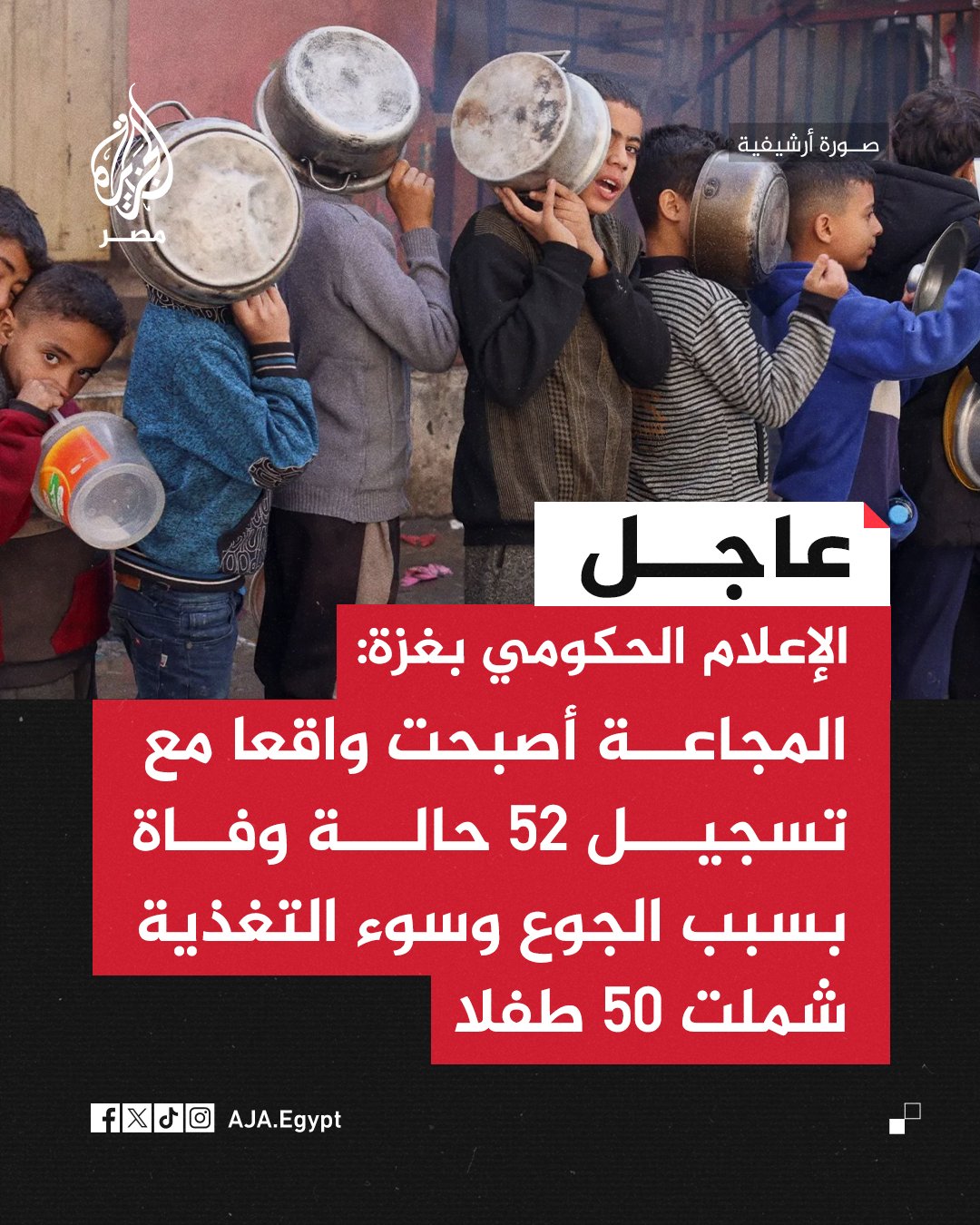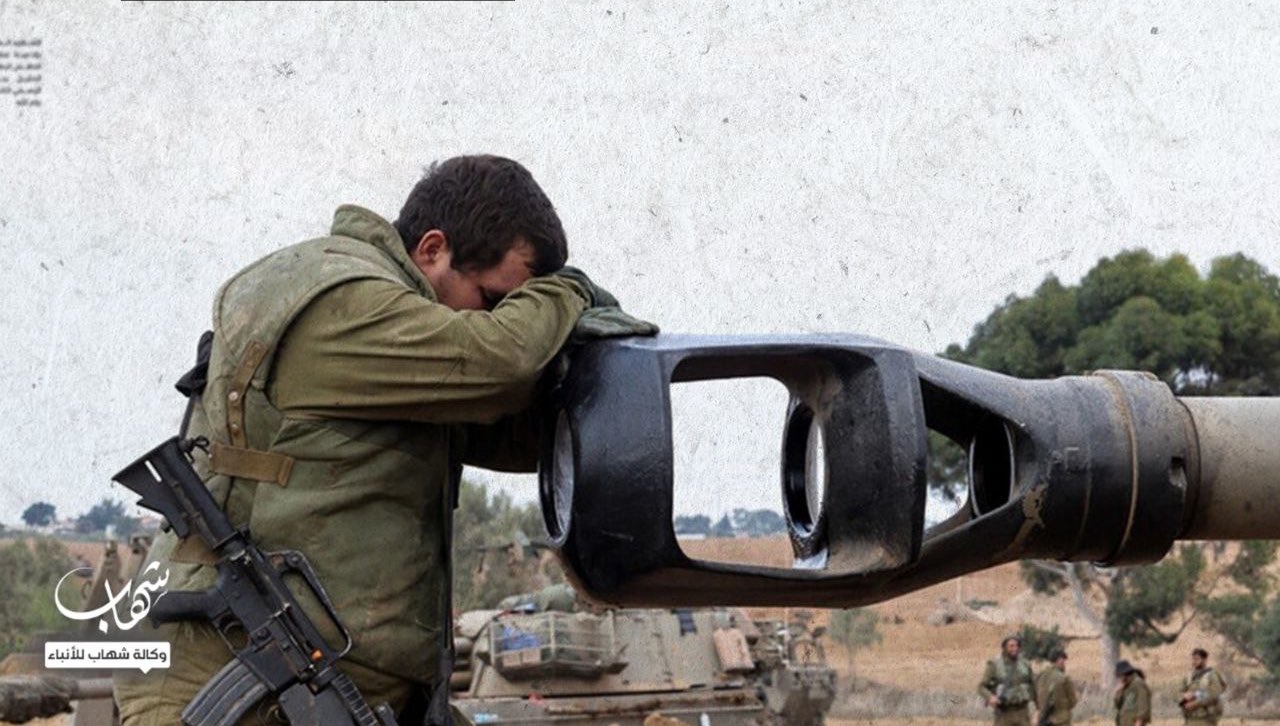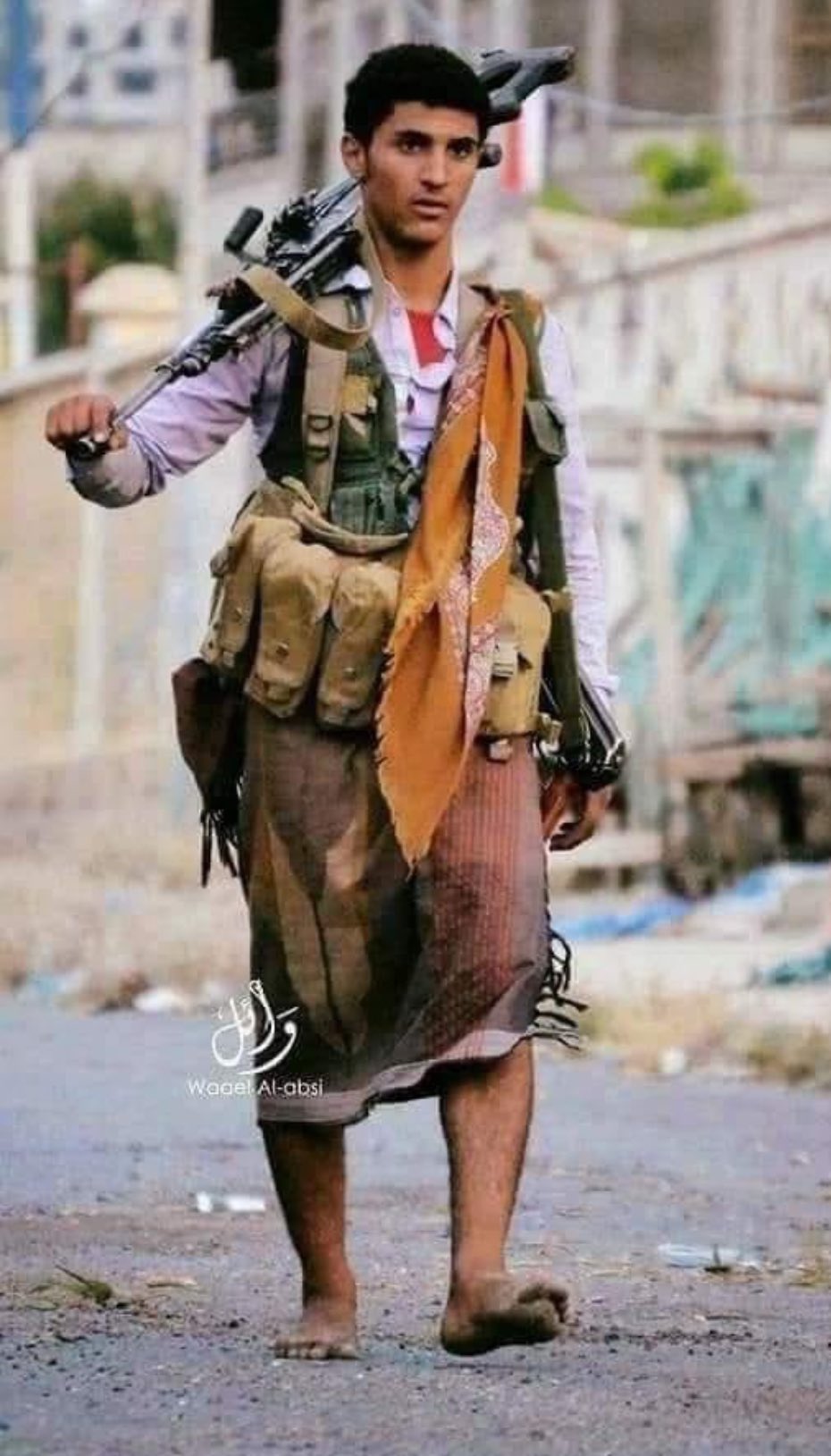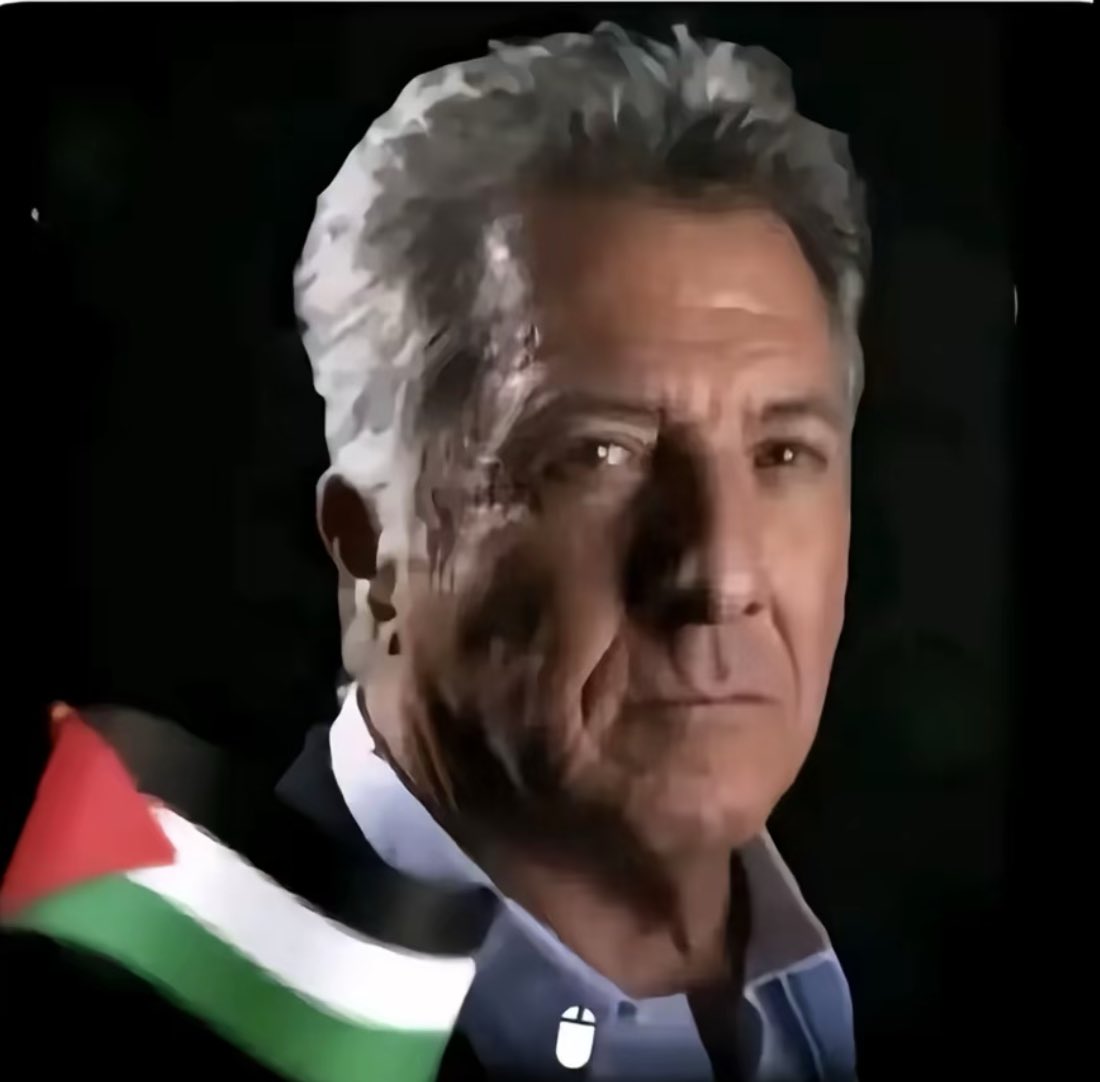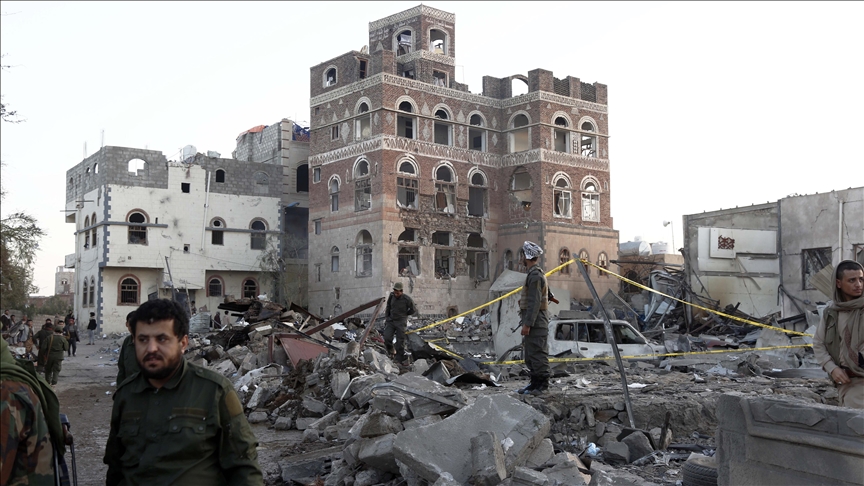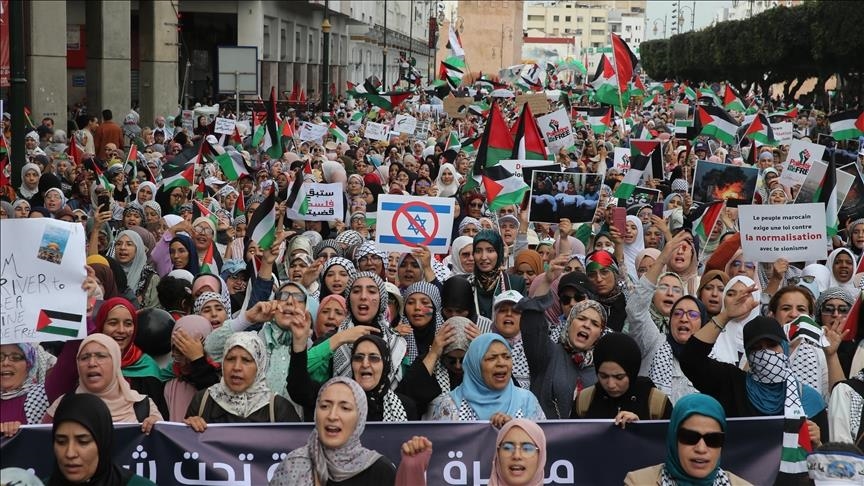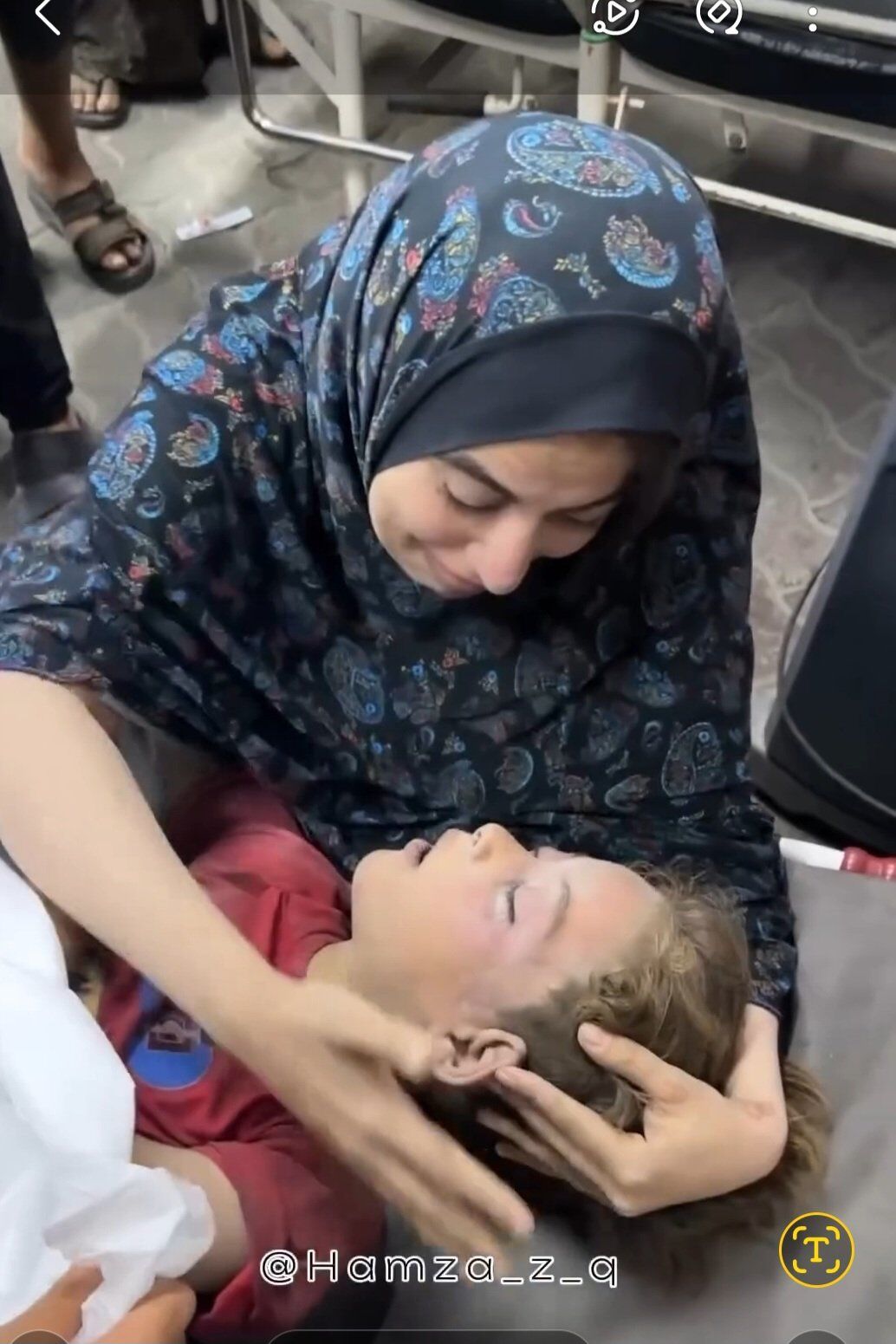
Dedication
This report is dedicated to the memory of Mohammad Bhar and over 117 other young people and children once cared for by the Islamic Relief Orphan Sponsorship Programme, who have been killed in 300 deadly days in Gaza.
An unprecedented crisis in Gaza
In early October 2023, the population of Gaza was around 2.3 million, some 50 per cent of whom were children. Despite the difficulties they endured living in what has been called the ‘world’s largest open-air prison’, the people of Gaza went about their daily lives, dreaming of a better future where their human rights would be recognised and upheld.
Since October 7, these dreams have been shattered. Palestinian families have been forced to endure Israeli bombardment and siege on a previously unimaginable scale during 300 days of unprecedented destruction and displacement. We have seen complete disregard for international humanitarian law, with relentless attacks on civilians, health facilities, homes, shelters and markets, and severe restrictions on humanitarian aid.
More than 39,400 people have been killed. At least one third of those killed are children – including over 118 children and young people cared for by Islamic Relief’s Orphan Sponsorship Programme – and even more have become orphaned. Prior to October, Islamic Relief supported 8,750 children in Gaza through our Orphan Sponsorship Programme. We now support 15,300.
Others have sustained life-changing injuries or simply disappeared, likely lost under the rubble of destroyed homes and shelters. Children have missed almost an entire year of schooling and face a future full of uncertainty and fear. Entire families have been scattered as they flee repeatedly in search of safety, which cannot be found as bombs continue to rain down on Gaza.
People have been ordered to leave one area, only to be bombed in the place they were told to shelter.
The international community has been unable to provide sufficient aid due to Israeli restrictions on supplies into Gaza. Few hospitals remain functional due to shortages of electricity, fuel and medicine. Trapped in one of the most densely populated areas on Earth, families have minimal access to food, water and healthcare. People are starving to death, and famine looms.
Islamic Relief’s long-term development programmes in Gaza have largely been suspended as it quickly became one of the most difficult and dangerous places to deliver aid. Instead, we have scaled up our emergency response, distributing essentials such as ready-to-eat meals, clean water, and soap to displaced people.
Our work has had to continually adapt to meet changing needs and varying availability of items. Our staff and partners in Gaza are enduring many of the same challenges as the communities they support, including displacement, with one colleague saying she feels Palestinians have been ‘forgotten by the world’. Despite these enormous challenges, they remain committed to providing aid to vulnerable communities.
In 2012, a United Nations report questioned if Gaza would be a liveable place by 2020, pointing to population growth and the Israeli blockade. Now, in 2024, there remains little doubt that conditions inside Gaza have become truly unliveable.

